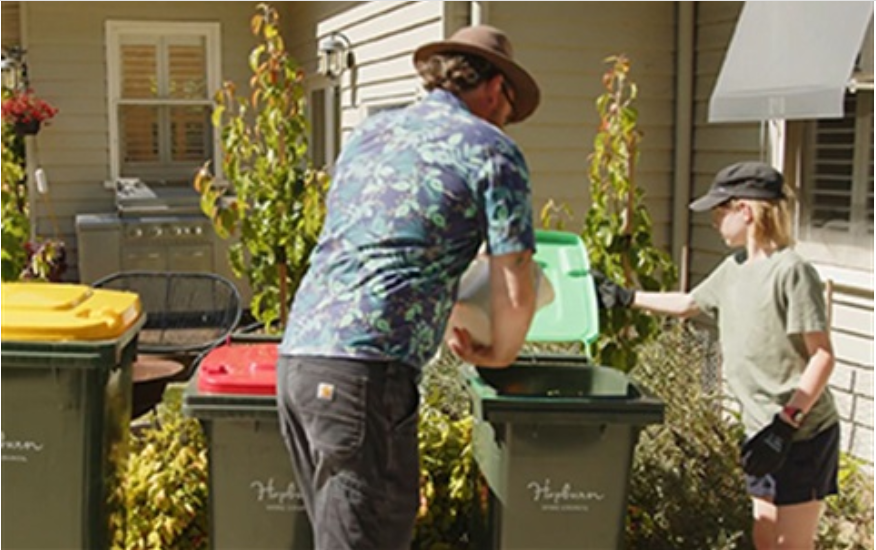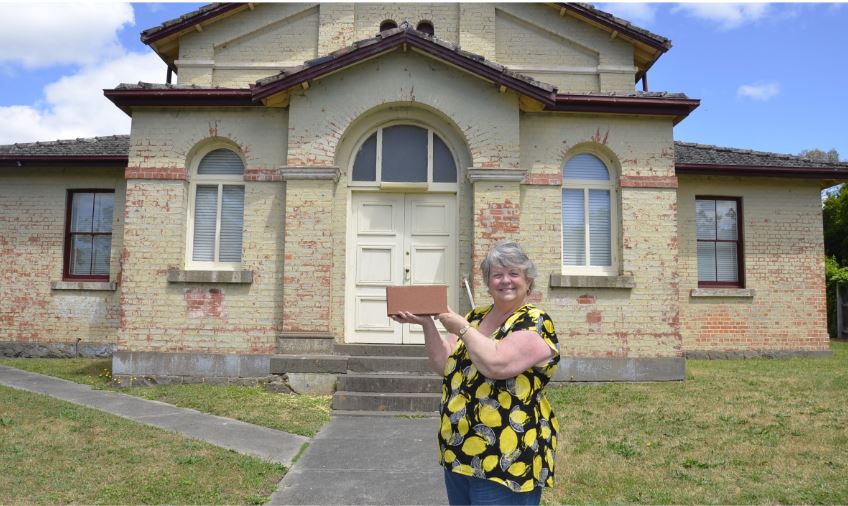September 20th, 2024Organics service getting results for Hepburn

The first five months of a food and garden organics service for Hepburn Shire are proving successful, the council is reporting.
Changes to the kerbside collection in Hepburn Shire townships started in April this year.
They included the introduction of a weekly food and garden organics service for – Creswick, Daylesford, Hepburn, Hepburn Springs and Trentham while trial of the service continued at Clunes.
Residents also adapted to a change from weekly to fortnightly general rubbish collection, with recycling remaining fortnightly. About 5550 households across the region are now receiving this service.
In a press release issued by the council last week, Mayor Cr Brian Hood said the early results from the changes are that they are working for the broader community and helping to meet the shire’s environmental goals.
“The results so far show a 26% reduction in waste sent to landfill over the five-month period,” Cr Hood said.
“This means greenhouse gas emissions have been avoided thanks to the efforts of our community – who must be congratulated for taking on the change so well.”
The changes to the council’s waste service have responded to requirements of the Victorian Circular Economy (Waste Reduction and Recycling) Act 2021 which states that councils must provide services for collection of general rubbish, recycling, food and garden organics (and separate glass).
Around 443 tonnes of organic materials (8 April until end of August) have now been collected for composting and will improve local soils.
“We know that overall people want to do what’s right for the environment and by using the new service that’s exactly what people are doing. Our contamination rate within the organics bin is only 1.6%,” Cr Hood said.
Inspections undertaken two months into the project showed that most of the contamination comes from a small number of bins.
The main contaminants were food in containers, bagged organics, nappies and textiles while the Hepburn Shire has a bagless organics bin service.
A bagless service was deemed to be best-practice as bags can hide contaminants, don’t break down quickly enough – even compostable and biodegradable ones – and bags are hard to remove from organic matter.
“Our contamination rates are currently low, and we keep this low and recover and recycle as much waste into a reusable product that we can,” Cr Hood said.
“When organics or recycling is contaminated the cost for all of us increases.”
Using the organics service is one way that the community and visitors to the region can help reduce their environmental impact and it is a key goal in Hepburn’s Sustainable Hepburn Strategy and Council Plan.
“We heard of concerns about the changes during the run up to the implementation, including at the pop-up information sessions, however early results indicate while there are still some areas for improvement most people have been able to embrace and excel at these new processes,” said Cr Hood.










